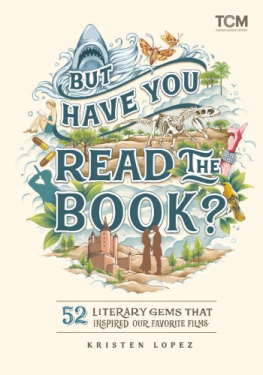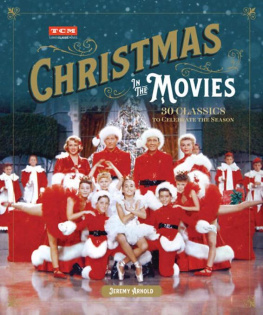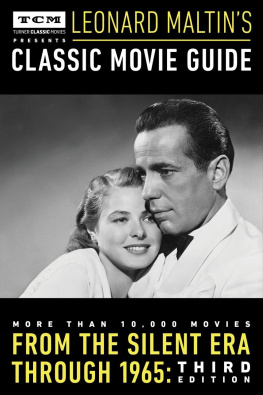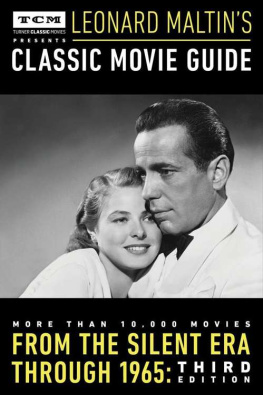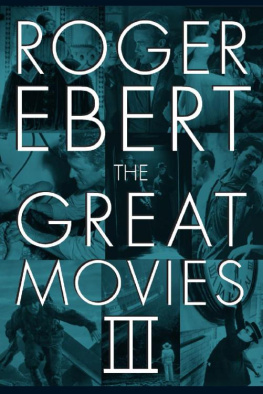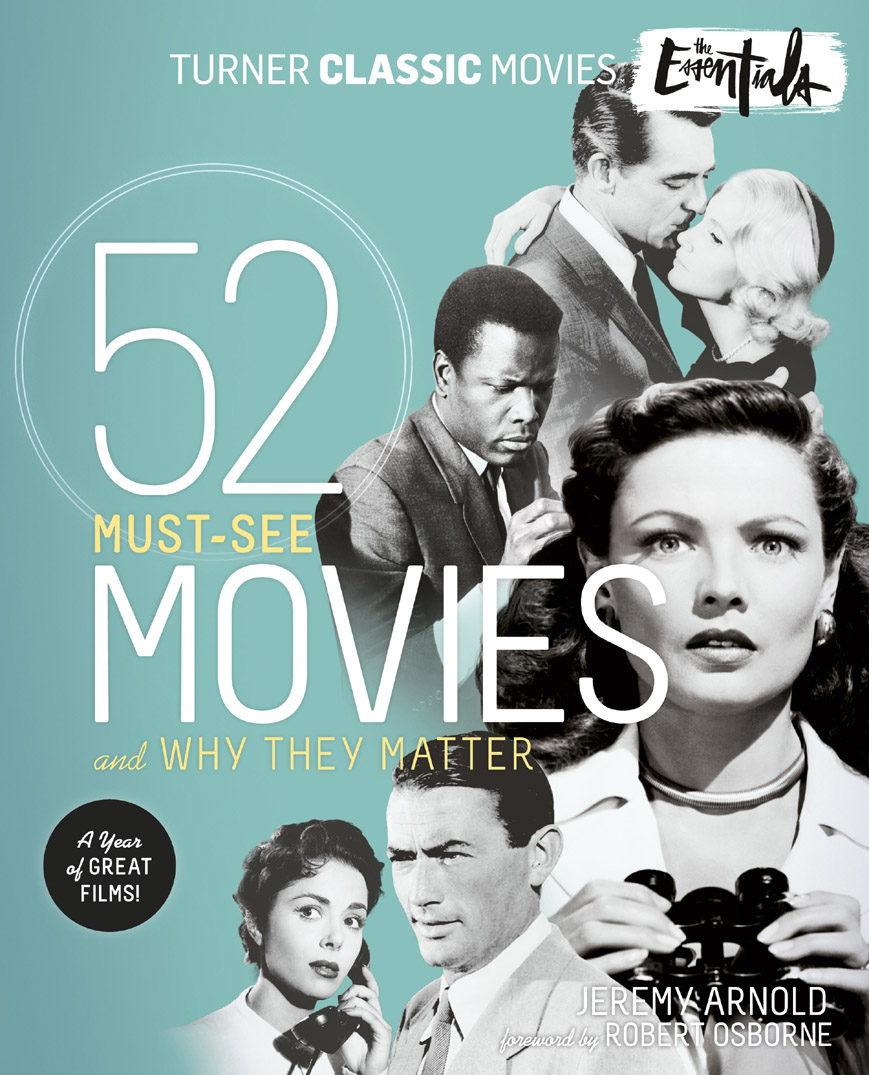
2016 Turner Classic Movies, Inc.
Published by Running Press,
A Member of the Perseus Books Group
All rights reserved under the Pan-American and International Copyright Conventions
Printed in China
This book may not be reproduced in whole or in part, in any form or by any means, electronic or mechanical, including photocopying, recording, or by any information storage and retrieval system now known or hereafter invented, without written permission from the publisher.
Books published by Running Press are available at special discounts for bulk purchases in the United States by corporations, institutions, and other organizations. For more information, please contact the Special Markets Department at the Perseus Books Group, 2300 Chestnut Street, Suite 200, Philadelphia, PA 19103, or call (800) 810-4145, ext. 5000, or e-mail special..
Library of Congress Control Number: 2015959543
E-book ISBN 978-0-7624-5947-6
9 8 7 6 5 4 3 2 1
Digit on the right indicates the number of this printing
Edited by Cindy De La Hoz
Cover designed by Sarah Pierson
Interior designed by Melissa Gerber
Typography: DIN Condensed, DIN 30640 STD,
DIN Schrift 30640, Kaufmann, Lulo Clean One Bold,
Melbourne, Mercury Text G1, and Ostrich Sans
Running Press Book Publishers
2300 Chestnut Street
Philadelphia, PA 19103-4371
Visit us on the web!
www.runningpress.com
PHOTOGRAPHY CREDITS
Pages 5560, 103 (top, right), 117, 146, 147, 178 (bottom), 179, 215, 216, 218, 237, 238, 240, 247249, 256260: Courtesy Photofest.
All other photography courtesy Turner Classic Movies, Inc.

Table of Contents
Guide
W hen Turner Classic Movies began in 1994, we launched with a switch-flipping ceremony in New York City. We were very specific about the city we chose to celebrate the occasion as well as the day we picked for the eventApril 14. That day marked the 100th anniversary of film in the United States. It had been on April 14, 1894, that the first kinetoscope parlor opened in New York Citythe launch of the film industry in the U. S. of A. What better time and place to mark the launch of Turner Classic Movies, which began that same April day in 1994 with the promise to bring to movie lovers one hundred years worth of Classic cinema from around the world.
From the beginning we were challenged and also a bit daunted. One hundred years of movies is an awesome number to deal with and first we had to figure out where to begin. The initial film aired on TCM was Gone With the Wind, not only a film appropriate in size and reputation but also the favorite of Ted Turner, who was responsible for launching Turner classic Movies in the first place. The programming plan for the channel was always to show movies from all countries and from all eras, big productions, small ones, legendary ones, as well as B-budget movies. As the years ticked on, we collectively began to feel the need to, at least once a week, let people who were perhaps not knowledgeable about classic films see movies we felt were necessary to be enjoyed by anyone who wanted to be more than a casual movie observer. And we wanted to have those screenings hosted by people who did know interesting details about those particular films.
In 2001 we launched The Essentials as a weekly Saturday night event, and our first host was writer-actor-director Rob Reiner, flying solo. Rob was the host for two years, then was followed by two years with director Sydney Pollack (200305) and Peter Bogdanovich (200506). Then in 2006 the format was changed a bit, and I began sitting down with cohosts to discuss the films. Acclaimed critic Molly Haskell was the first to join me (200607). She was followed by writer-actress-wit Carrie Fisher (200708), actress Rose McGowan (200809), actor Alec Baldwin (200911), actress-producer Drew Barrymore (201215), and two-time Academy Award winner Sally Field, starting in 2015.
From the beginning we asked our celebrated cohosts to be an integral part in choosing the films we would pick as Essentials. Every year our programming department compiles a list of films available in the year ahead, after which my cohost and I separately comb through that list, picking what each of us feels is a genuinely essential movie. Every film is considered, from silent comedies to French New Wave, film noir to slapstick comedy, Casablanca to Invasion of the Body Snatchers.
Doing The Essentials has become one of my favorite of all projects Im involved in at TCM, not only because it introduces some great films to people who might not otherwise be aware of them, but because it gives me a chance to have interesting movie conversations (and an occasional argument) with people like Molly, Carrie, Alec, Sally, and the others. This book is a celebration of our Essentials history at TCM but do keep in mind: it is not a ranking list. This doesnt pretend to be a list of anyones idea of the fifty-two best movies of all time, or the most underrated, or the biggest grossers. (I shudder at the thought of the TCM staff, as rabid as everyone at TCM is about film likes and dislikes, trying to compile any kind of a best movies listthat would require that the National Guard be called in to referee and keep order.) Instead, this book is a sampling of some of the nearly three hundred films that have been shown so far on TCM as essential movie-watchingfifty-two films that represent some of the best that the art of film has given us... so far.

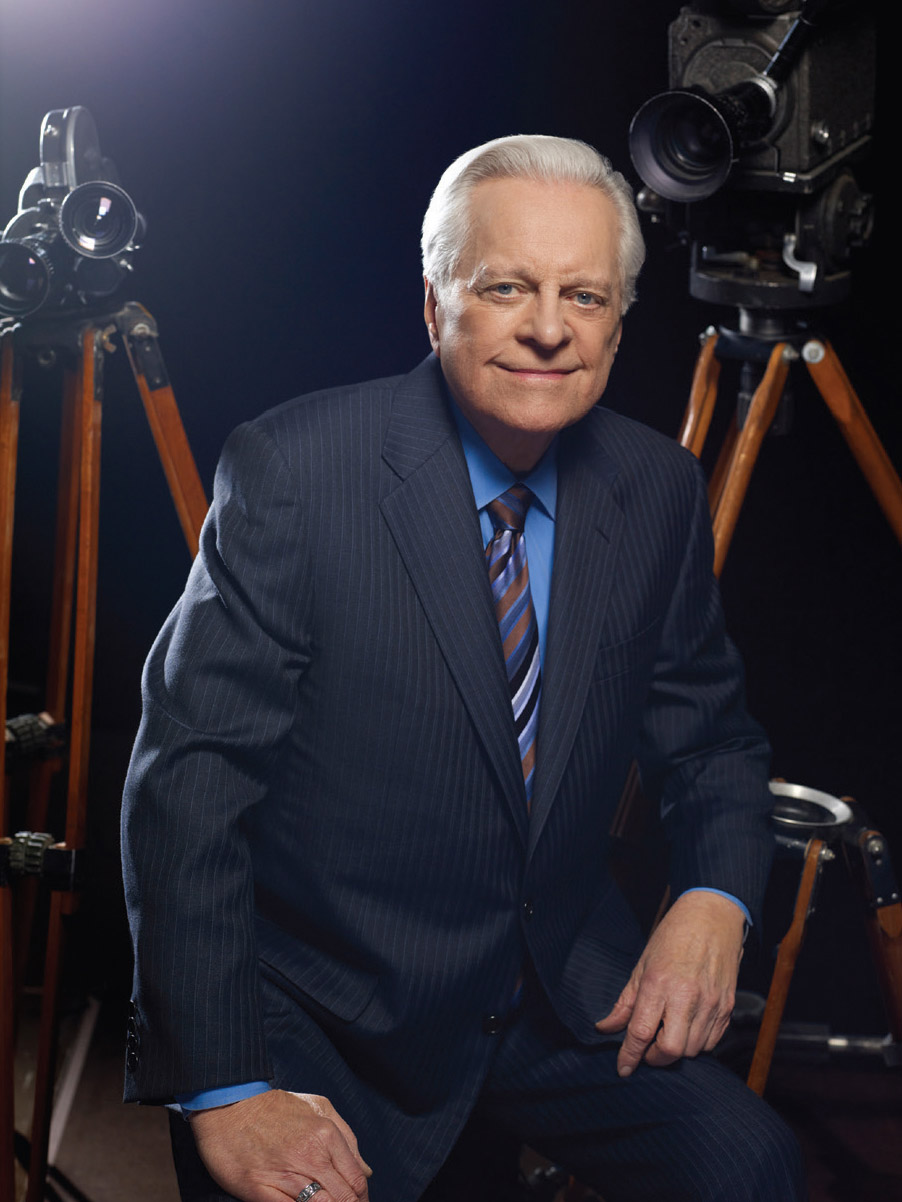
T here seem to be as many answers to that question as there are movies in this bookfifty-two titles ranging widely in style, genre, theme, era, budget, and running time. Some propelled actors to stardom or launched new genres. Others brought forth innovative techniques or entered the culture with their resonant themes. Still others redefined their genres with such inventiveness that many later movies would be unthinkable without them. In short, each Essential has left an unmistakable impact in some way.
That impact wasnt always readily apparent. Certainly many of these pictures were seen as essential from the moment they opened: The Best Years of Our Lives, for instance, or Gone With the Wind. The significance of other films, however, was a total surprise, or came to light slowly: Casablanca and It Happened One Night were not major event films but just routine studio pictures that turned out far better than anyone had thought possible. They rode their success all the way to the Academy Awards.
Then there are the films that had to wait years to be considered essential, such as Gun Crazy, which went virtually unnoticed by audiences but helped pave the way for the French New Wave and later American crime films. Duck Soup was an outright flop but now ranks among the purest comedies ever made. Even


